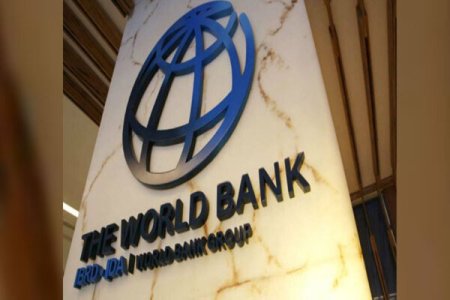
Nigeria's external debt is expected to hit $45.1 billion by 2024's end, with a recent $2.2 billion borrowing plan approved. The rise in external debt reflects fiscal measures amidst economic reforms, while the naira's depreciation has amplified local currency debt burdens, raising concerns over debt sustainability.
Nigeria's external debt is projected to reach $45.1 billion by the end of 2024, as the Federal Government takes steps to secure additional funding. The Debt Management Office (DMO) reported that the country’s external debt rose by $780 million in Q2 2024, from $42.12 billion in March to $42.9 billion in June.
In a recent development, the Federal Executive Council (FEC) approved a $2.2 billion external borrowing plan as part of Nigeria’s 2024 Appropriation Act financing program. Finance Minister Wale Edun announced that the borrowing would consist of $1.7 billion in Eurobond and $500 million in Sukuk offerings. The funds aim to strengthen Nigeria’s fiscal position amid ongoing economic reforms.
Edun explained that the final mix of the financing instruments would depend on market conditions and advice from transaction advisors, with the National Assembly’s approval pending. The external debt also saw a notable increase in its naira valuation, jumping by 12.59% due to the naira’s depreciation, which rose from N56.02 trillion in March to N63.07 trillion by June 2024.
The minister justified the borrowing as a necessary step to support Nigeria's broader economic recovery plan, focusing on stabilizing the macro economy, improving foreign exchange pricing, and boosting local production. Meanwhile, Nigeria’s foreign debt servicing cost has surged, reaching $3.58 billion in the first nine months of 2024, a 39.77% increase compared to 2023.




![Today's Naira Rate[16-11-2024]: Nigerian Naira Faces Steep Decline, Parallel Market Hits N1,750/$](/data/attachments/210/210283-5e995ef978efd380c57591c54b3dddf2.jpg?hash=FHqxQvjPSE)

